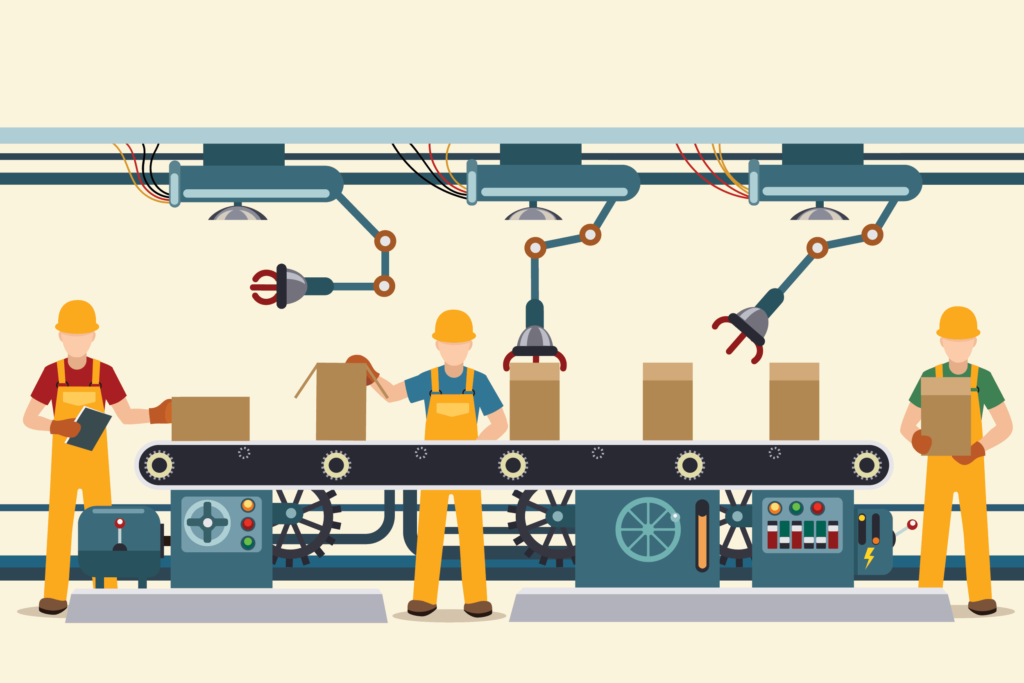
How to Improve Precision of Manufacturing Processes
Last updated on June 23rd, 2022 at 04:28 am
Whether you are a large scale manufacturer or simply own a garage, you cannot dispense with errors in machining processes.
Errors as small as plus or minus 0.001% can sometimes make a huge difference to the application of the parts.
Regardless of what you deal in, if you are into manufacturing processes, then this article is for you.
Here you will find some easy and effective tips on how to improve precision for your processes. And accordingly, you can also find out in what other ways some of the technologies can help you.
So, without any further ado, let’s begin.
Online Quality Control
For most manufacturers, the usual practice is carrying out a short quality check at the end of the process. This can create a lot of problems, especially in terms of material wastage, for any defect in the finished product would mean discarding it.
Besides, it also costs a lot of resources and energy which are wasted at the end of the line.
A rather beneficial procedure could be adopting online quality control practices. To put this into perspective, after every process in the line, the products can be checked for defects and faults. And accordingly, they can be fixed, thus saving a lot of money and other resources.
Precision Programs
Not only online quality control can help cut-off the wastage, but also improve precision. With the help of integrated precision programs and software, it becomes easier to manufacture parts with as little as 0.001% error.
For example, you can use a CAM to design and control individual portions of a die making process. Or you can also command the machinery to automatically detect the impressions and make the cuts accordingly.
With the help of programmable software tools, it becomes easier to control and improve production. And all of it can be achieved along with high precision in manufacturing processes.
Circuitry and Hardware
Apart from programs and software tools, you can also include modern circuits and hardware into your manufacturing process.
Usually designed in a 3D environment, PCBs are great with precision manufacturing. They not only help communicate the program with the machine but also warn against any faults that may arise.
You should also invest in other hardware, such as precision cutters and lathes. After all, good hardware can ensure longer-lasting production speeds, before it demands replacement or repairs.
Material Technologies
Although the control systems and CAMs can help with precision, there are other factors involved as well.
For example, one of the most prominent factors that influence both production and precision is the type of material. If you’re using hard and exotic metals then you ought to use similar hardware that can effortlessly fabricate the parts you wish to manufacture.
Likewise, if you’re fabricating intricate designs from unconventional materials you need to invest incompatible technologies.
As far as the manufacturing processes are concerned, it is very likely that technology will change the way production is done. It is only a matter of time before we will see computer programs handling all the processes without any human intervention.
Read Dive is a leading technology blog focusing on different domains like Blockchain, AI, Chatbot, Fintech, Health Tech, Software Development and Testing. For guest blogging, please feel free to contact at readdive@gmail.com.
